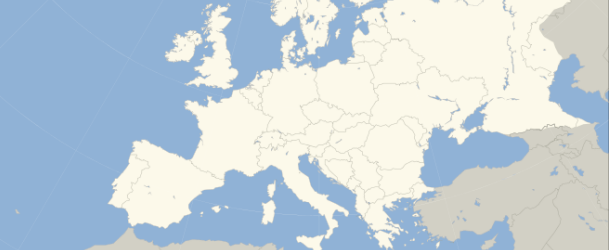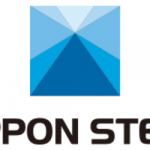Perspectives on Europe’s Quantum Push

(OSA.OPN) The past several months have seen a flurry of activity in Europe—in the United Kingdom, at the EU level, in various member states—supporting research and infrastructure development in quantum science and technology. Following is IQT-News summary of a recent roundtable hosted by Optics & Photonics News with OSA Europe directors of research Yann Amouroux and Claus Roll, and with the society’s senior industry advisor, Tom Hausken. The roundtable comments are lengthy and well worth the time to read the entire discussion.
OSA: The first question posed was whether countries were pursuing “quantum generally: or were there specific pieces of quantum that certain countries are especially competing for?
Yann Amouroux: . . . Everyone plays to their own strength, of course, but I don’t have a feeling that the U.K. or Germany or France have decided, “This is what we’re going for.” Personally, I think the U.S. is probably much more about quantum computing, because of the presence of companies like Google and IBM and the like.
Tom Hausken: oOe big driver . is the fear of missing out—or, as they say on Wall Street, “downside risk mitigation.” The fear of missing out applies particularly to quantum computing and quantum key distribution (QKD) . . .if only for national-security reasons.
Claus Roll: With respect to the “fear of missing out” that Tom talked about, part of what’s driving things in Europe is that Europe wants to get a kind of autonomy—they call it “digital sovereignty.” And this is why they are launching all these projects; they want to be self-sustainable, producing their own computers, not depending on others.
Amouroux: That’s right. The U.K. has had this 10-year plan that everybody is aware of, and celebrated the fact, at the end of 2020, that they’ve gone through the first half and are now looking at the second. From what one can gather, the government is focused on applications, rather than just funding research for the sake of research.
The biggest disrupter for the program for the next five years will be Brexit.
OSA: The second question posed was about the European Union programs, both at the EU level and the country level. One that’s been around for several years is the EU’s Quantum Flagship, a 1 billion euro initiative, spread over ten years. What’s the importance of that, versus individual EU member states?
One of the big differences between the Quantum Flagship and all these national initiatives in Europe is that the Quantum Flagship is working on cross-border collaborations. You have projects where you have teams from Sweden, Italy, Germany, whatever country.
Hausken: One of the biggest values of programs like this, too, is that they sort of help market the whole idea. So if we hear in the United States that there’s a European Flagship program, we can say, “Hey, we need to have a National Quantum Initiative”.
OSA: The roundtable then moved to questions about individual countries.
Roll: It actually started nearly 12 months ago, when the German government announced that its COVID recovery program would include quantum technology as a long-term investment area, and they allocated 2 billion euros for that.
within the past few months, two announcements were issued on how the 2 billion euros will be spent. One was from the German Ministry of Research and Education, which now has a budget of 1.1 billion euros to support research and development in quantum technologies. And the other part of this huge budget, nearly 900 million euros, will be spent by the German Ministry of Economy.
Amouroux: I think in Europe recently, a big surprise came from France. It had announced in early 2020 that it was going to make a large investment in research, but nothing happened. And then, out of the blue, Emmanuel Macron, the president, decided in March 2021: This is it; we’re going to have this multibillion-euro program.
Roll: And the Netherlands is interesting in another way, for its recent commitment to quantum ecosystem development. They have just announced a program called Quantum Delta. It’s a very close collaboration among industry, universities and research institutions. And the country has the advantage of the institutions involved being geographically very close, which simplifies collaboration.
The Netherlands government’s national growth fund is pumping 615 million euros into this Quantum Delta program to build an industrial ecosystem. And they are building on existing structures and existing networks and existing mechanisms of technology transfer from Photon Delta that will help a lot in setting this up. This is a successful model. They are now replicating it in quantum industry technology.
OSA then asked about the EU-level initiative, the European Quantum Industry Consortium (QUIC). What’s the nature of that?
Roll: This has a number of important industry leaders on its board, as well as some of the people who advocated originally for the Quantum Flagship. And it appears that the European Commission is expected to be one of the main partners, which suggests that the effort is serious. The aim, as you said, is to set up the required quantum industry ecosystem for Europe to be a player here.



















